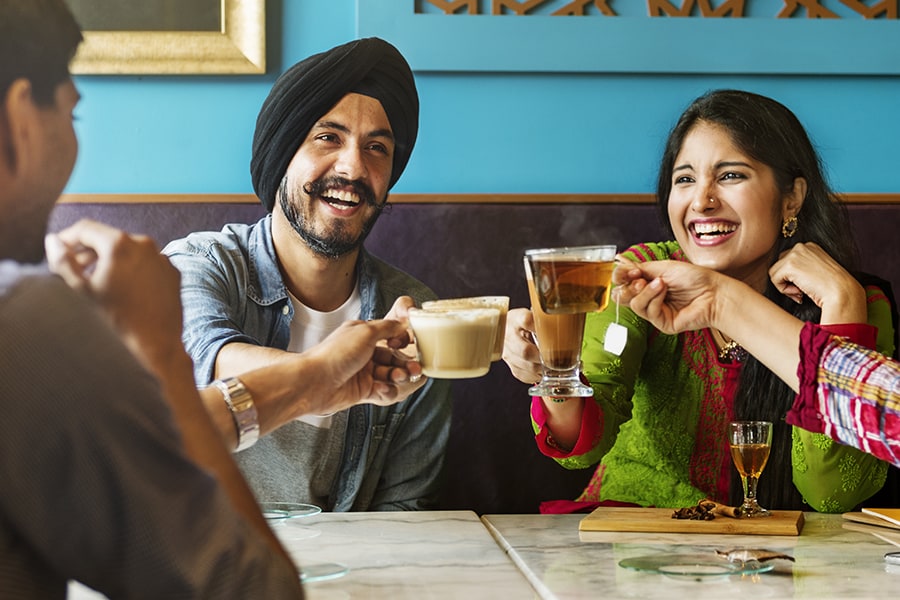
Trends that are redefining your cuppa
Targeting younger buyers, tea and coffee brands in India are breaking traditional category codes; spending aggressively on advertising and marketing, and expanding offerings, brewing hot, cold, slow and instant, for all seasons

Several food and beverage brands have relied mainly on digital tools and storytelling to drive demand the past few years. Image: Shutterstock
Tea and coffee have come a long way from being available in just two options—with and without milk and typically served hot. Millennial tea and coffee drinkers now want their cuppa in various flavours, served at different temperatures, brewed in different techniques, and vegan too. To make the most of this growing trend, marketers have been investing in innovation and marketing with new brands being launched almost every week. Ad spends almost across brands have gone up, with a significant portion of this ad money going into digital, due to the pandemic-driven spike in online buying. While newer consumers might like their beverage served cold, the Indian tea-coffee category is hot, hot, hot.
Drip, pour, shake, stir
Several direct-to-consumer brands have emerged in the food and beverage category over the past five years, with a jump in activity in the past two. These brands have relied mainly on digital tools and storytelling to drive demand.




